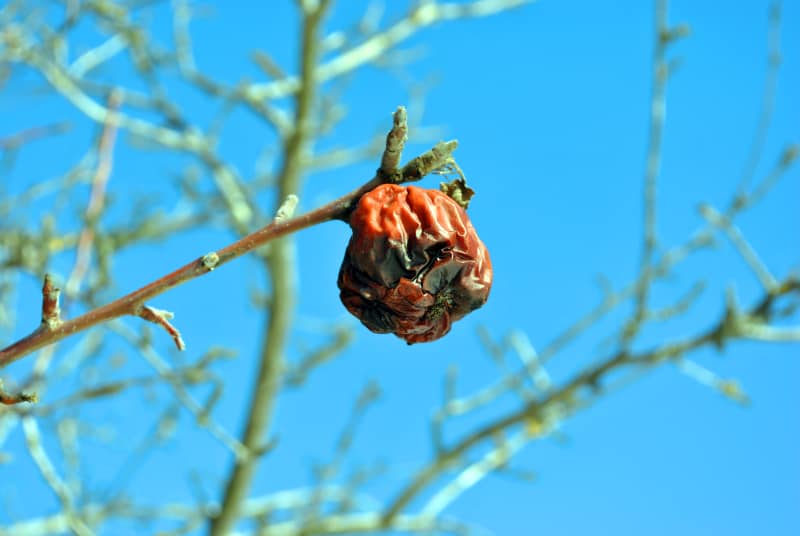
Dear Friends,
This week’s Parsha deals primarily with Tzara’at, a spiritual ailment in the form of leprosy, a physical blemish found on the body, clothing, or the house’s walls, diagnosed by a Kohen, primarily as a result of Lashon Hara – violations of the laws of negative speech. The laws regarding the diagnosis and treatment of this spiritual malady are complex. Once a person is fully diagnosed with Tzara’at, he is called a Metzora and must reside outside the community until fully healed. While outside, he would call “Tameh, Tameh” – “Impure, Impure.” to anyone he would see (Vayikra 13:45).
Rav Yechezkel Levenstein zt”l suggests a beautiful idea based on the Talmud Shabbat 67a. The Gemara describes an interesting practice related to the Metzora’s pronouncement: it says that when a person has a fruit tree that is sick and dropping its fruit, he should paint it red. This is not a superstition, but for the sake of drawing attention to the tree so that others will pray for it to become healthy again. The tree, just like the Metzora, needs to be healed of its sickness, and the small prayers of the passersby will help lead to the tree’s speedy recovery. The Metzora, similarly, declares himself impure not only to warn people not to touch him and acquire a lesser degree of impurity but also so they will pray for his recovery.
We pray three times a day. However, prayer is not limited to the synagogue walls, a particular time of day, or the pages of the Siddur. G-d is always present and ready to hear our prayers. Even common casual remarks like “Be well!”, “Have a Good Day!,” “Get Well Soon!,” “Shabbat Shalom” and “Chodesh Tov.” They can be more than mere pleasantries we exchange with our acquaintances. In essence, they are sincere prayers and opportunities to implore G-d to benefit others. The small prayers we utter for ourselves and the blessings we give to our family and friends, even for a random fruit tree you may come across on a walk, are effective and crucial to their wellbeing and our own spirituality.
Shabbat Shalom & Chodesh Tov!
Rabbi Shlomo Gabay